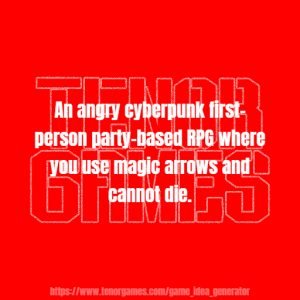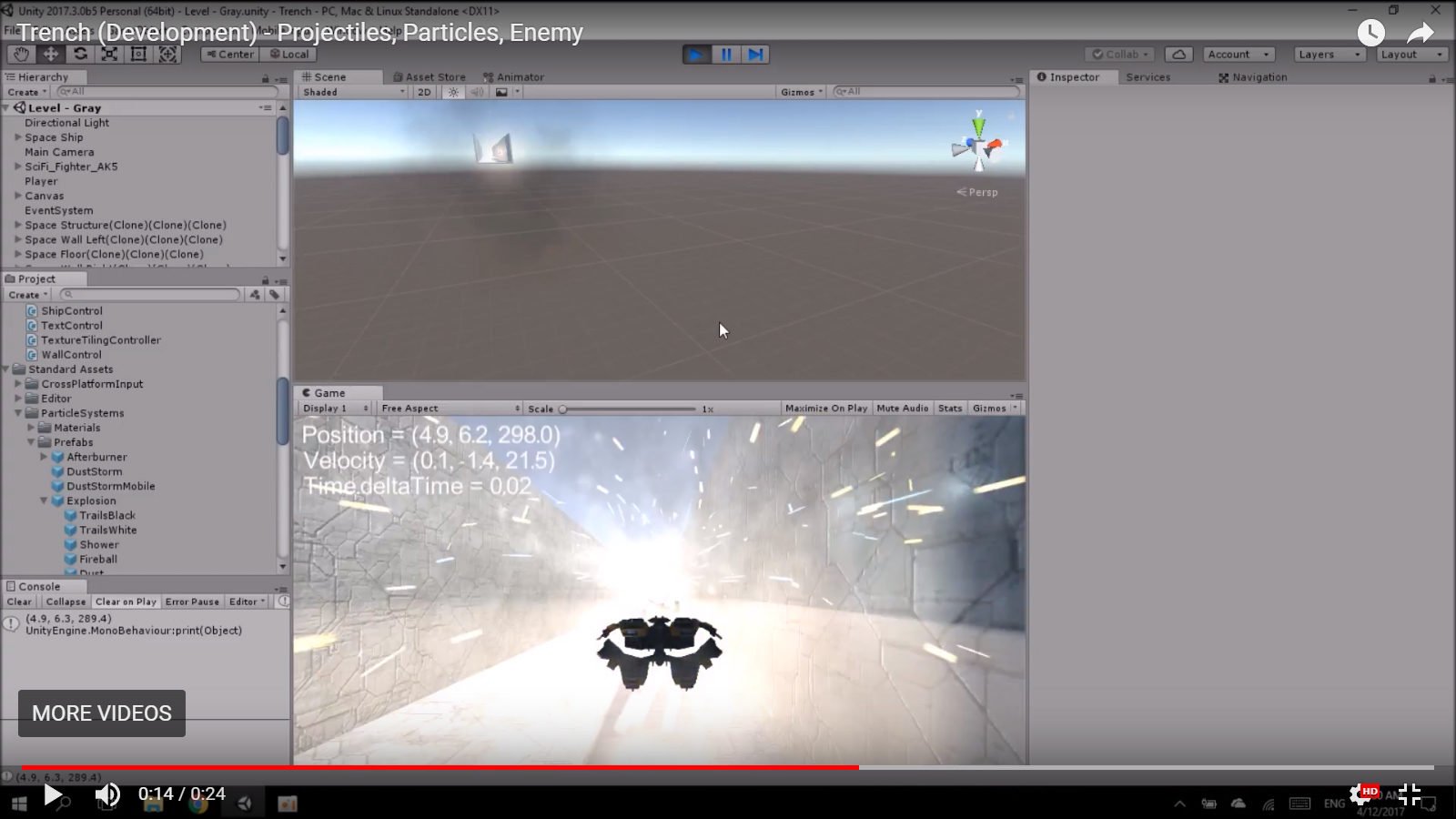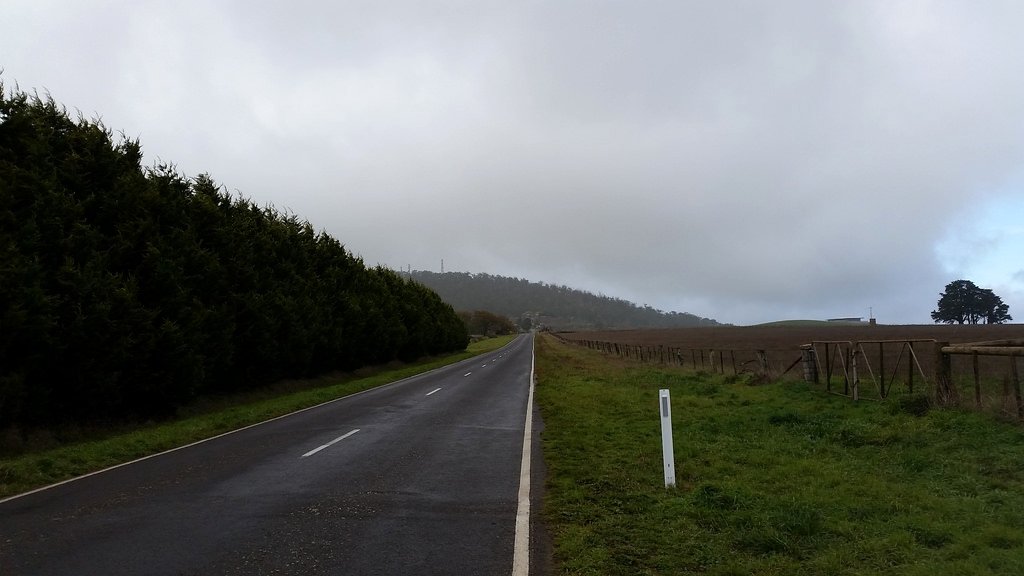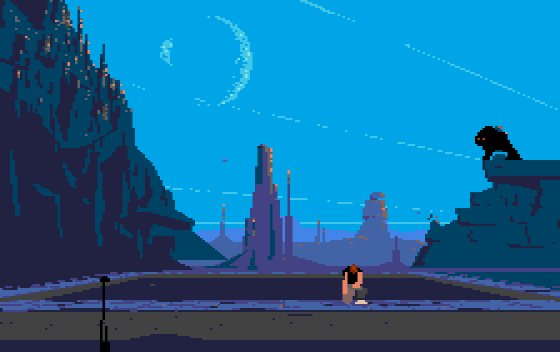TL;DR? Bottom line in my post is to keep creating games to improve your game development skill and experience. Publishing more games quickly also gives you real market feedback a lot sooner. So if you are interested in understanding how I came to this conclusion? Read on.

The question about getting game ideas has been asked in many game development forums and Facebook pages until it is not funny anymore. On days when members aren’t feeling impatient yet, you may get helpful answers. On other days, which seem to be most days now, you face the wrath of members who have seen too many of such questions.
However, we all know that the persons asking this question very likely meant it as a call for help. You have that aspiring game developer who doesn’t know where to start, and is eager to finish making a product. I know that I was one of them, except that I was aware how asking that question was really going to rife up feathers.
So, here is a post I thought I’d write to share about how I would try to come up with game ideas.
And idea is, and an idea is not
 Now that we have gotten the inspiration sources out of the way, the next thing is how to get the ideas defined. In the subject of game ideas, I’m not talking about the completion of the game but about getting down in a describable format what your game might be. Some things to make clear first.
Now that we have gotten the inspiration sources out of the way, the next thing is how to get the ideas defined. In the subject of game ideas, I’m not talking about the completion of the game but about getting down in a describable format what your game might be. Some things to make clear first.
An idea is not something cast in stone. I observe sometimes that developers are so worried about getting the idea right. I think that this is an unnecessary stress on the developer because ideas are very early parts of anything at all. Ideas should be churned out with complete abandon. And because they are just merely ideas, they should not be judged too critically especially by the creator himself or herself. As such, the idea of creating ideas (lol) is to establish a framework that will capture as much as you can think about, and record them in a way that is easily retrievable and referenced when you may need them.
I think that most ideas will go to the grave of other ideas. Since creating them is not only free but mentally stimulating, game developers should not feel bad about churning them out anytime anywhere.
That question – where to get ideas?
If you expect me to point to a magic fountain hidden in some part of the world where you get ideas after drinking its waters, you’ll be disappointed. Neither do I propose chanting some ancient text that will send a mystical being in the dead of the night with awesome ideas in exchange for your soul (I highly not recommend this if it exists!). You don’t need drugs either, but what you do need are mainly legal items and setting yourself in the right frame of mind. I shall begin with the most obvious place to get the creative juices flowing:
Learn from existing games

A no brainer. Most game developers are inspired by games that they have played anyway. While I have come across developers whom are not avid gamers, they still get initial ideas from games that they have enjoyed. To some, it may be the gameplay, and to others it may be the immersive experience that the game offers.
I am however going to make this section a very short one, because if we do a quick search on published games, we often find clones of the same games. Indie developers also often fall into the trap of wanting to make the next ____________ (insert game title here. E.g. Grand Theft Auto, Fortnite, Doom, Street Fighter, Gabriel Knight, etc). For the gamer, this is dull. For the game developer, because the gamers find this dull, not enough people will want to play your game, let alone buy it.
But this is just the beginning of the post. Let’s venture into other areas that I hope more game developers will get their ideas from.
Learn from non-computer games
Some games are more focused on gameplay, and some are focused on the multimedia experience. Know that these two important areas are not only found in computer games.
For example, gameplay can be inspired and learned from board games. This does not mean that you make a game port of Monopoly (it’s been done before, and seriously – a board game played on a PC? Well, maybe not for me), but you can adopt its asset strategy gameplay into a game of your own. One such example of this already being done is Grand Theft Auto: San Andreas. Remember when you can drive around San Andreas and buy property that will generate income for you? Here you go.
Movies and animated cartoons can be a good source of inspiration for user experience and visuals. Also in the world of Grand Theft Auto, Grand Theft Auto V was inspired by Michael Mann’s Heat. However for the indie developer like us, we may not so easily venture into that kind of visuals in our games this soon, but we can quite easily learn about colour tones onscreen and adopt them in our games.
In David Kushner’s book Masters of Doom, it was explained that id software likened Doom to be like playing police-and-thief where you run around in the cyberworld to hunt down your friends in Deathmatch mode. You can think about native childhood games that you have played when young, and adopt some gameplay into the game that you are developing.
How to effectively record and reference ideas
 If you have been creating any material for anything, be it writing stories, copywriting products, writing songs or even writing company or investor emails, you usually don’t get the things right the first time. This definitely applies to writing games too. You don’t spend hours staring out of the window and come up with one great idea. Instead, you would be better off jotting down quickly a couple of ideas with details sufficient to describe your game, its plot (if any), and its gameplay. Perhaps there may be some sketches to help you remember how you want characters or screens to look like. More often than not, your game idea sketch would likely be untidy and only decipherable by you – and this is completely fine.
If you have been creating any material for anything, be it writing stories, copywriting products, writing songs or even writing company or investor emails, you usually don’t get the things right the first time. This definitely applies to writing games too. You don’t spend hours staring out of the window and come up with one great idea. Instead, you would be better off jotting down quickly a couple of ideas with details sufficient to describe your game, its plot (if any), and its gameplay. Perhaps there may be some sketches to help you remember how you want characters or screens to look like. More often than not, your game idea sketch would likely be untidy and only decipherable by you – and this is completely fine.
Ideas have to flow and flow can be obstructed by rigidity. You want to have sufficient structure to make your ideas coming out coherent to you, and yet allow your mind to wander freely without being stopped by being particular about your t’s and q’s.
Pen and paper work best for me when it comes to flowing of ideas. There is always something natural about writing than typing. When it specially comes to sketching, pen on paper always works better than stylus on a device screen. Therefore as much as possible, have a notebook with you (not the electronic device) when you are in the process of building up ideas. Use your electronic device –laptop or phone – in situations when the notebook isn’t the most convenient medium like when you are standing in commute or when there is no table in sight, or when there is no chair to sit and write or draw comfortably.
 For me, I largely use Evernote to store ideas whenever I am not using a notebook (you can use other similar services like Microsoft OneNote as well). Evernote allows me to write from my phone or laptop. Since my Evernote notes can be accessed by the web browser, this means that I can also reach into my typed notes or sketched images when using any other device.
For me, I largely use Evernote to store ideas whenever I am not using a notebook (you can use other similar services like Microsoft OneNote as well). Evernote allows me to write from my phone or laptop. Since my Evernote notes can be accessed by the web browser, this means that I can also reach into my typed notes or sketched images when using any other device.
 When it comes to visuals, we often come across game art or screen shots of existing games on the internet. If only that there is a place to conveniently store these images that we have come across, so that we can reference to them whenever we want to jog some ideas or to reference when we are working on our game. Pinterest is probably the best tool to do so. Having Pinterest installed on your phone or laptop can store images you encounter on the internet very easily into custom categories or albums. You can make your albums public or private, allow collaboration with other Pinterest users as well (think of the possibility of having your co-developer pin images into the album too). Pinterest stores the images on their server, so this does not take up space on your device.
When it comes to visuals, we often come across game art or screen shots of existing games on the internet. If only that there is a place to conveniently store these images that we have come across, so that we can reference to them whenever we want to jog some ideas or to reference when we are working on our game. Pinterest is probably the best tool to do so. Having Pinterest installed on your phone or laptop can store images you encounter on the internet very easily into custom categories or albums. You can make your albums public or private, allow collaboration with other Pinterest users as well (think of the possibility of having your co-developer pin images into the album too). Pinterest stores the images on their server, so this does not take up space on your device.
While you can also store images on Evernote, I personally am not a fan of doing so because it is so much easier to pin images into Pinterest, and also to browse than to use Evernote for this purpose. Pinterest also proposes similar images to those that you are looking at, and this can greatly help you explore more ideas that you may not have thought about previously.
You need to churn out ideas regularly
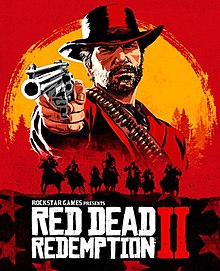
As I had alluded to earlier, you usually don’t get the right game the first time (I will revisit what it means by ‘right game’ in a bit). Your best bet in coming out with a game that sufficient people would like is to keep coming up with many games. Do a quick calculation in your head, and you would likely realize that your success is to make many small games in a period of time than to take all your time and energy to try to make one blockbuster hit. I hope that you will ditch the idea of making the next Red Dead Redemption II from your bedroom all by yourself, because it just isn’t going to happen. Red Dead Redemption II was made by a team of professional developers. They had to crunch time, work across various domain expertise, get their game marketed and sold – each of these functions covered by individual domain experts. To get an idea of the energy and expertise that had gone into making the game, click here.
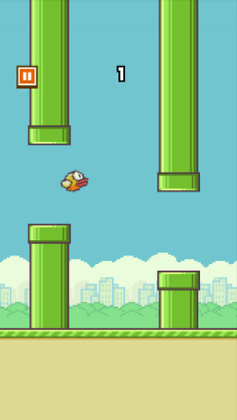
Even Flappy Bird was not the first and only game that Dong Nguyen wrote. Mr Nguyen wrote the game not with the expectation or intention for it to be the megahit that still is today. He simply wrote it to keep himself occupied while on commute. It was only after 6 months of putting Flappy Bird on the AppStore did it come into attention and then exploded into a phenomenon – all as a complete accident (For an amazing Rolling Stone interview with Mr Nguyen, click here). If you say that luck is a factor in making successful games, then you should expect that the best chance to increase your odds for success is to raise its probability by making more games. In the world of fiction, Stephen King the author of horror novels was originally a successful writer of short stories. It was only after writing many short stories (many of them were not published immediately) did he develop the skill in novels. Writing short stories helped him have completed works that could hit the publishers and market a lot sooner, which in turn gave him feedback a lot more quickly. With these feedback, he improved his craft in each completed work, hence rapidly improved his ideas and craft. We can do this with our games too.
Making more games do not only increase your odds in landing a hit, but it makes us get better in our craft. We would have made more mistakes and have learned from them. This may span from code syntax, optimization to team management or teamwork. And surely, with these new knowledge and experience, we will have a better chance in creating new game ideas.
Is there a ‘right game’?
I often come across developers lamenting that they had created their best games but only to be ignored by the market. Some others also get very stressed out in trying to make the ‘right game’ for the market.
Is it possible to figure out what the right game is? Maybe, but I for sure don’t know how to find it. So instead, experiment and quickly create small games that increases your odd in creating that ‘right game’. However, I wouldn’t advise to worry too much about it because each time you find the market appeal to your game, gamers get bored quickly and soon look out for something else new. Be flexible and focus on being a good creator of games, than to be one who is looking for that elusive jackpot.
So… there is no “where” in getting game ideas for the “right game”?
That’s right: there isn’t. It is a process, not a destination.
Now let us instead get about to create your game quickly and let the market tell you what they think of it. With that real and invaluable feedback, you’ll know how to get better ideas for your next games.
Need a leg-up to complete your indie game? Try this book for reference, or gift it to someone whom you think can use it well:

